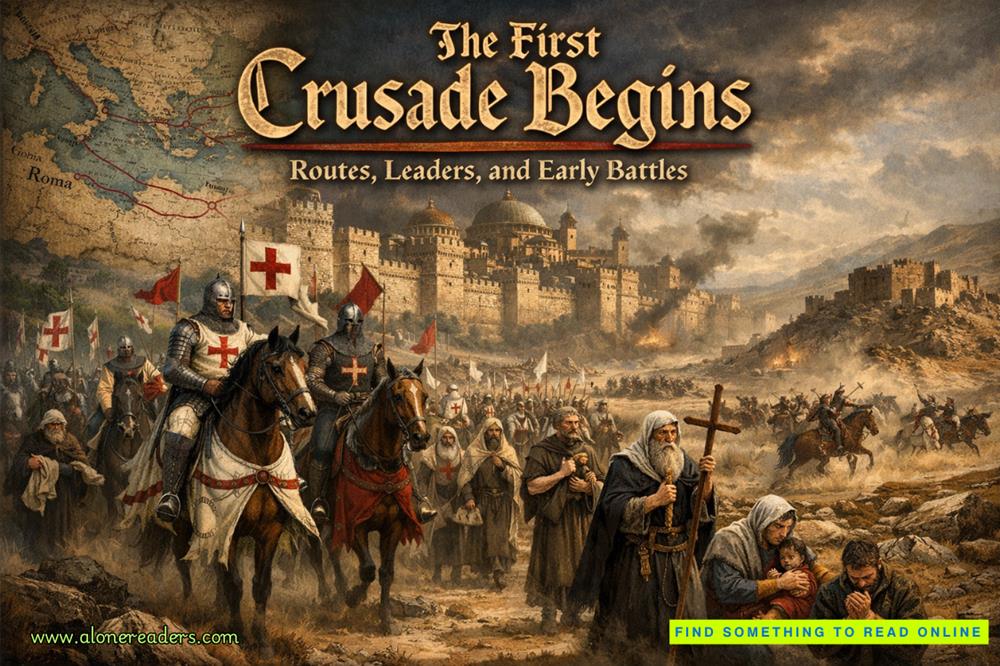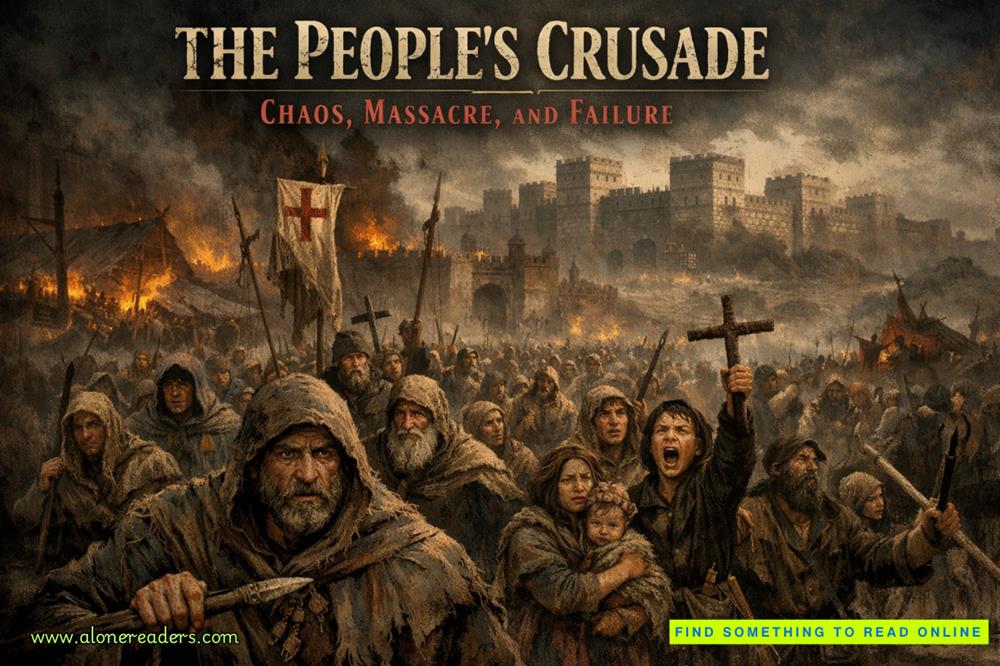"The third one was the worst. That's where she said I was broken from the factory. She had this theory that foster kids were damaged goods, needed to be fixed through discipline. Her discipline involved locked closets and missed meals and standing in corners for hours until your legs gave out."
"How long were you there?"
"Fourteen months. Until I hit her back. Then I got labeled as violent, problematic. The homes after that were for 'troubled' kids, which meant kids who'd learned to fight back."
Each word was another piece of the puzzle that was Eva—why she knew how to take a beating, why she hoarded food, why she tested every boundary compulsively like she needed to know exactly where the walls were.
"The last onealmostadopted me," she continued, voice softer now. "The Hendersons. They were older, couldn't have kids. I was seventeen, about to age out anyway, but they wanted to make it official. Then Mrs. Henderson got pregnant—miracle baby at forty-three—and suddenly they didn't have room for a damaged teenager."
I felt like there was something she wasn’t telling me. The pain in her eyes when she said the name,Henderson.
"So you aged out."
"Turned eighteen in a group home. They gave me two hundred dollars and a garbage bag of my stuff and wished me luck. I lasted three weeks in the halfway house they placed me in before I ran. Been on the streets since."
Four years. Four years of sleeping rough, stealing to eat, fighting to survive. No wonder she'd felt safer in my locked apartment than she had in years.
"Your turn," she said, those mismatched eyes finding mine in the darkness. "Fair's fair."
I poured myself another vodka, needing it for this. "Came here when I was fifteen. My father had made enemies in Moscow, the kind that don't forgive. We left everything—came with nothing but the clothes we wore and my grandmother's music boxes in a diplomatic pouch my father had stolen."
"That's why you fix them. They're all you have left of her."
"Had. She died three years after we arrived. Cancer. American hospitals couldn't save her any better than Russian ones could have."
"I'm sorry."
"Don't be. She died thinking we'd made it, that America was everything she'd dreamed. Better that than knowing what we became."
"What did you become?"
I gestured at the apartment, at myself, at the general reality of what the Volkov name meant in this city. "Monsters. Necessary monsters, but monsters nonetheless."
"You're not a monster," she said quietly. "Monsters don't fix music boxes. They don't save sick puppies. They don't refuse to hit girls who beg for it because violence is all they understand."
"Maybe I'm just a different kind of monster."
"Maybe." She shifted closer, not much, just enough that I could smell my shampoo in her hair. "But you're my monster. The one keeping the real monsters away."
The possessive pronoun sent something through me I didn't want to examine. My monster. Like she'd claimed me as much as I'd claimed her.
"We're both strays," she said, vodka making her philosophical. "Nobody's first choice, nobody's family. Just surviving because we don't know how to do anything else."
"You're Bear's first choice."
She looked down at the puppy, sleeping peacefully in her lap, trusting her completely. "Yeah. I guess I am."
"And he's yours."
"He's mine," she agreed, then looked at me with those impossible eyes. "What are you?"
The question hung between us, heavy with implications neither of us were ready to face. What was I to her? Captor, protector, the man who fed her and housed her and refused to be the violence she expected? What was she to me? Prisoner, responsibility, the girl who'd disrupted everything and somehow made it better?
She was drunk. Not sloppy, but loose-limbed and honest in a way that made her dangerous. The vodka had dissolved whatever barriers she usually kept between us, and now she moved on the couch like liquid, each shift bringing her incrementally closer.
"You know what's fucked up?" she said, not waiting for me to answer. "I feel safer here than I have in years. With you. The man who kidnapped me."
"Stockholm syndrome," I offered, though we both knew it was more complex than that.















